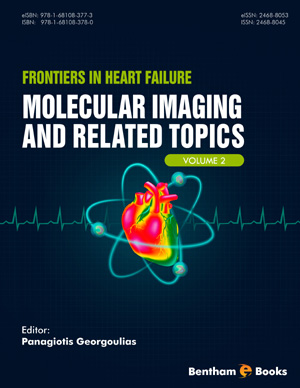Abstract
Each human cell contains a few hundred mitochondria that are essential for
aerobic energy metabolism. Among many fundamental metabolic pathways in
mitochondria, the oxidative phosphorylation (OXPHOS) or the respiratory chain (RC)
represents the final stage in oxidative metabolism. RC is under the dual control of the
mitochondrial genome (mtDNA) and the nuclear genome (nDNA). The proper
assembly and functioning of the RC involve many steps. The genetic defects in
mtDNA, nDNA, and related functions of mitochondria affect the functioning of RC
resulting in insufficient energy production and organ dysfunction.
Mitochondrial disorders are increasingly recognized. The clinical manifestations vary
widely, causing a significant diagnostic challenge. Manifestations range from lesions of
single tissue or structure to widespread lesions, including myopathies,
encephalomyopathies, cardiopathies, neurogastrointestinal form, psychiatric symptoms,
or complex multisystem syndromes. Coenzyme Q10 deficiency may present with
isolated proximal muscle weakness. Leigh syndrome and MELAS are the most
common clinical multisystem syndromes. The age at onset ranges from neonatal to
adult life. The mortality remains high, and the median survival for early onset severe
disease is 12years. Initial evaluations include blood transaminases, lactate-to-pyruvate
ratio, amino acids, acylcarnitine profile, creatine kinase, and organic acids. Genetic
tests are needed for confirmation.
Treatment depends on the specific mitochondrial disorder and its severity. In an acute
presentation, an infection should be sought and treated promptly. Coenzyme Q10,
thiamine, riboflavin, lipoic acid, L-carnitine, Creatine, and L-Arginine are found to be
beneficial. Although there are no cures, treatments reduce symptoms or slow the
decline in health.
Keywords: Arginine, Carnitine, Coenzyme Q, Encephalopathy, Energy, Lactic acidosis, Leigh syndrome, Magnetic resonance, MELAS, Mitochondrial disorders, Mitochondrial depletion, Mitochondrial membrane, mtDNA, Muscle biopsy, Myopathy, nDNA, Neuropathy, OXPHOS, Ragged-red fibers, Respiratory chain, Riboflavin, Stroke, Thiamine.








